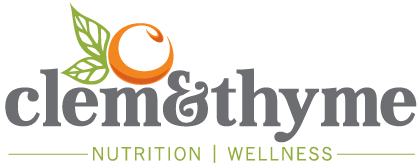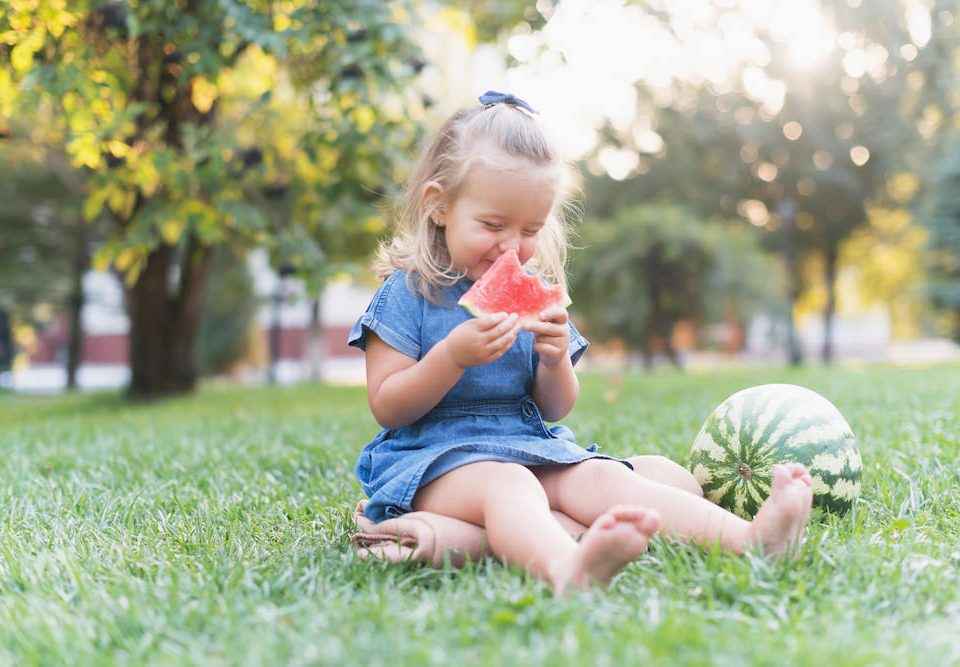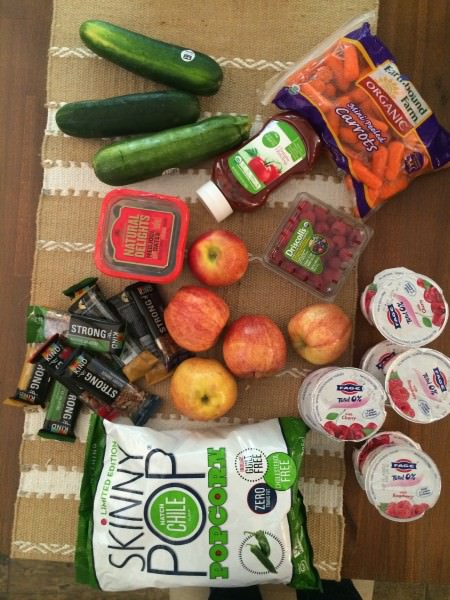
Whether you’re training for a marathon, or you’re a casual exerciser, fueling your body with adequate nutrients before and after physical activity can help excel your performance, and keep your immune system healthy.
The recommended pre & post exercise meals are different for everyone. Are you preparing for a triathlon, attending your normal Wednesday body works class, or going for a walk around the neighborhood? What are your fitness goals? Lose weight? Gain muscle? Can you tolerate solid foods before working out? Everyone is different. What works for me, may not work for you…so practice eating different foods and figure out what works for you! 🙂
Key Points Pre-Exercise:
- Eating before hard exercise, as opposed to exercising in a fasted state, has been shown to improve performance.
- Choose pre-exercise meals that are low in fat and fiber to ensure optimal digestion. If you eat slow-digesting foods, your blood flow concentrates on digestion in your stomach, rather than your extremities and muscles where you need the extra blood flow for optimal performance.
- “Carb loading” is not necessary unless you are performing very hard, continuous exercise for 90 minutes or more.
- Aim to have 16 ounces of fluid, two hours prior to exercise for optimal hydration.
- Water is an adequate hydration source during exercise lasting 60 minutes or less. If you’re exercising longer than 60 minutes, or in hot, humid climates, drinking a sports drink may be beneficial. A good sports drink contains 15 grams of carbohydrate, 110 mg of sodium, and 30 mg of potassium per 8 ounces.
- Include small amounts of protein (10-20 grams) in your pre-exercise meal. Adequate protein before exercise may help reduce post-exercise muscle soreness.
- Focus on “whole foods”. Use sports nutrition products for convenience, but don’t rely on them for daily nutrition.
- No food is necessary during training unless you are working out longer than 90 minutes. Gels are good for endurance athletes, but not needed for recreational athletes.
- Size matters! Eat large meals at least three to four hours pre-exercise; eat small meals two to three hours pre-exercise; eat small snacks an hour prior to exercise.
According to WebMD, the ideal pre-exercise meal has five characteristics:
- Low fat: High fat foods may upset your stomach, and delay stomach emptying.
- Moderate in carbohydrates and protein: You need just enough carbohydrates to fuel your energy needs, while keeping your blood sugar in control. Your pre-exercise meal should be moderate in protein, just enough to satisfy your hunger.
- Low fiber: Too much fiber may stimulate your digestive system at an inappropriate time. eeek.
- Contains fluids: Being well hydrated not only improves your performance, but also your health. Water acts as your body’s cooling system, if you don’t have enough fluids, your body’s temperature can reach dangerous levels.
- Made up of familiar, tolerated foods: The day of your competition or workout isn’t the time to try new foods, or eat that double bacon-ator (you should stay away from those all the time ;)). Greasy, fried foods usually aren’t a great pre-workout meal.
Key Points, Post-exercise:
- Muscle cramps are associated with dehydration and electrolyte deficits. If you’re a “salty sweater”, then you may need more than the recommended 2400 mg of sodium per day.
- Begin nutrition recovery with a snack or meal within 15-60 minutes following exercise.
- Replace glycogen stores by eating a carbohydrate-rich food after exercise. Eat 1.5 grams of carbohydrates per kilogram of your body weight post-exercise.
- Providing high quality protein after exercise gives your muscles the fuel and building blocks needed for both repair and growth.
- Replace lost fluids. Consume 2 cups of fluid for each pound lost during exercise. (Weigh yourself pre-exercise & post exercise)
Resources:





